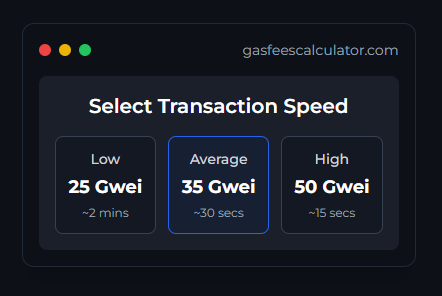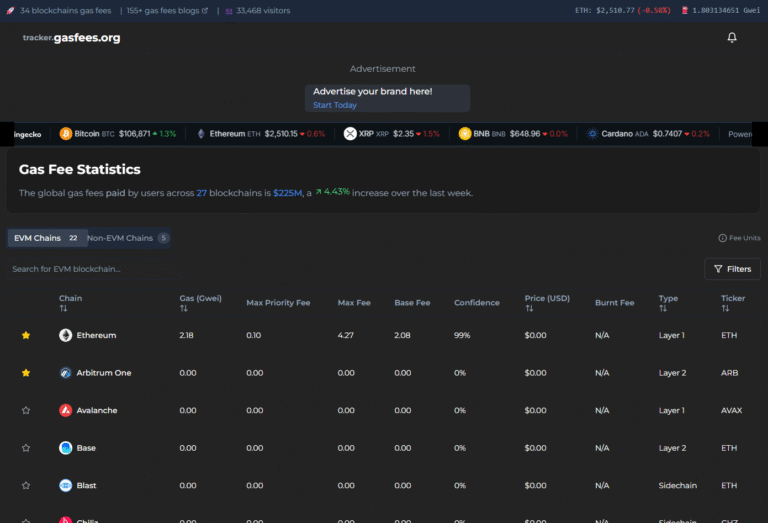What Are Hedera Gas Fees?
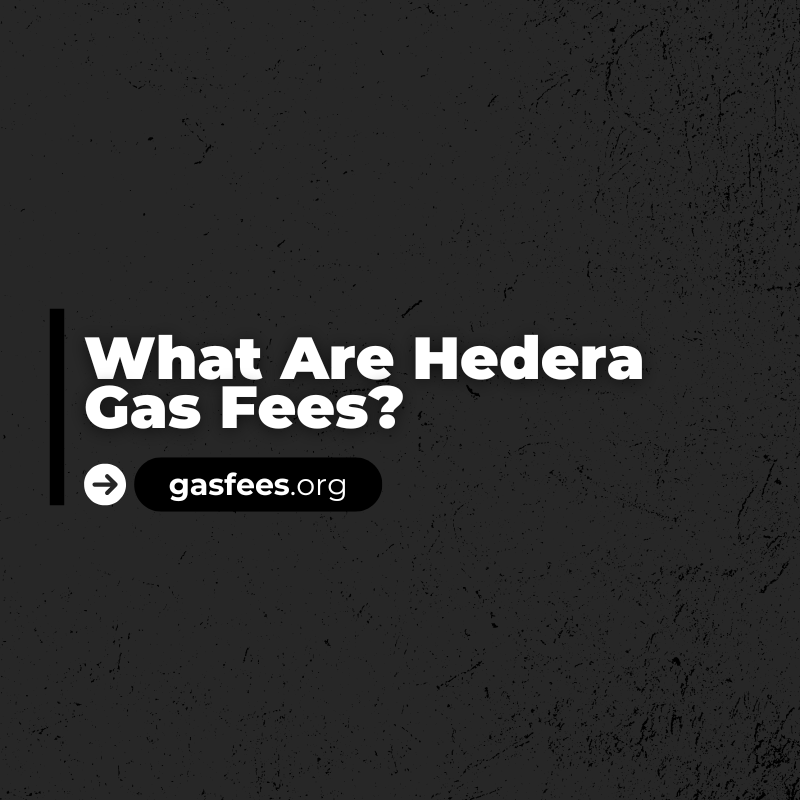
Hedera gas fees are the transaction costs required to perform operations on the Hedera Hashgraph network, known for its fast, secure, and energy-efficient consensus mechanism. These fees, paid in HBAR tokens, are fixed and predictable, making Hedera an attractive choice for developers and users of decentralized applications (dApps). Understanding Hedera gas fees helps optimize costs when transferring assets, executing smart contracts, or interacting with services on the network.
What Are Osmosis Gas Fees?
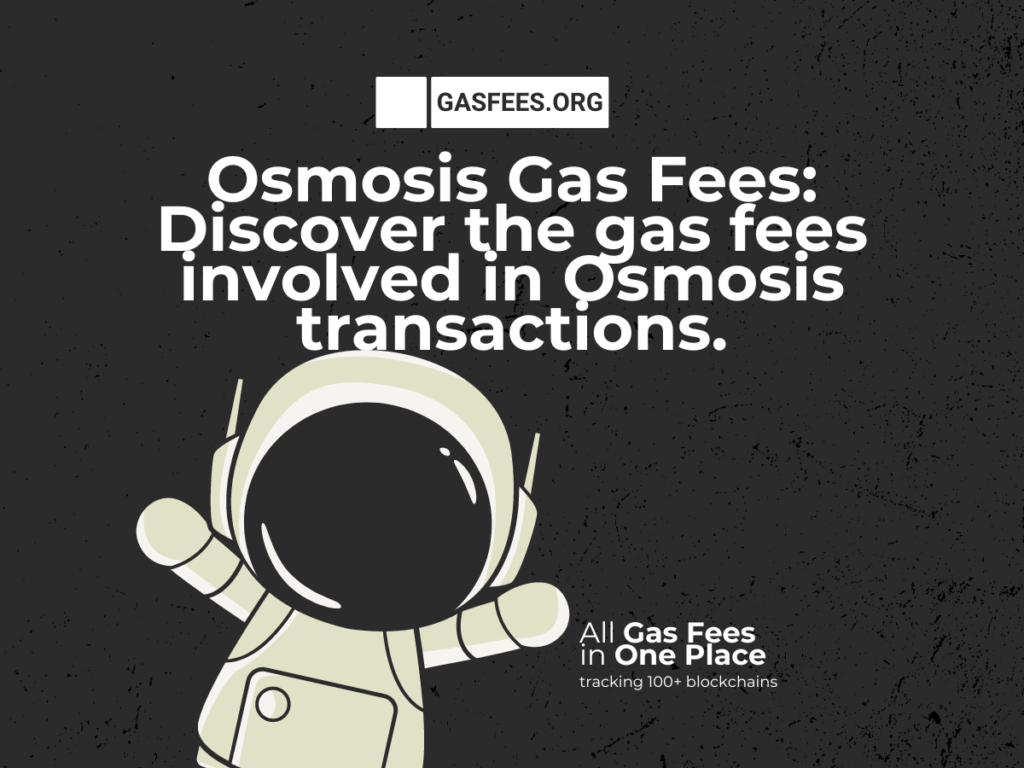
What are Osmosis gas fees? Written By: Mr. GasMan In the fast-changing world of blockchain and decentralized finance (DeFi), Osmosis has become a big name. It’s a decentralized exchange (DEX) on the Cosmos network that’s easy to use and full of features. To really use Osmosis well, you need to understand gas fees. This guide […]
What Are Cronos Gas Fees?
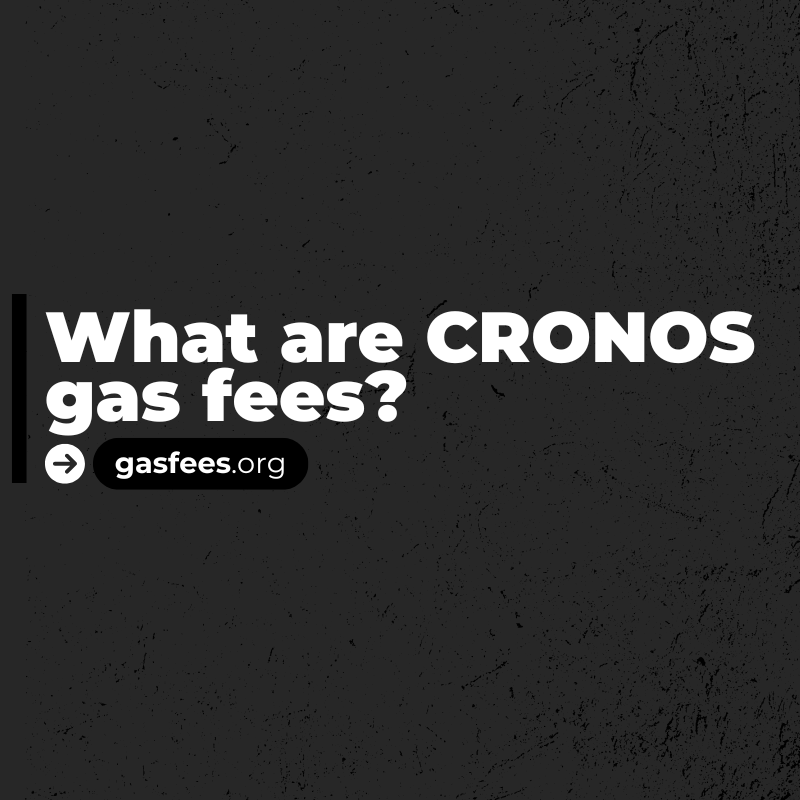
Cronos gas fees are the transaction costs users pay to perform operations on the Cronos blockchain, such as transfers, swaps, or smart contract interactions. These fees are paid in CRO, the native token, and help secure the network by compensating validators for processing transactions. Compared to Ethereum, Cronos typically offers lower gas fees, making it an attractive option for cost-conscious users in the DeFi and NFT space.
What Are Fantom Gas Fees?
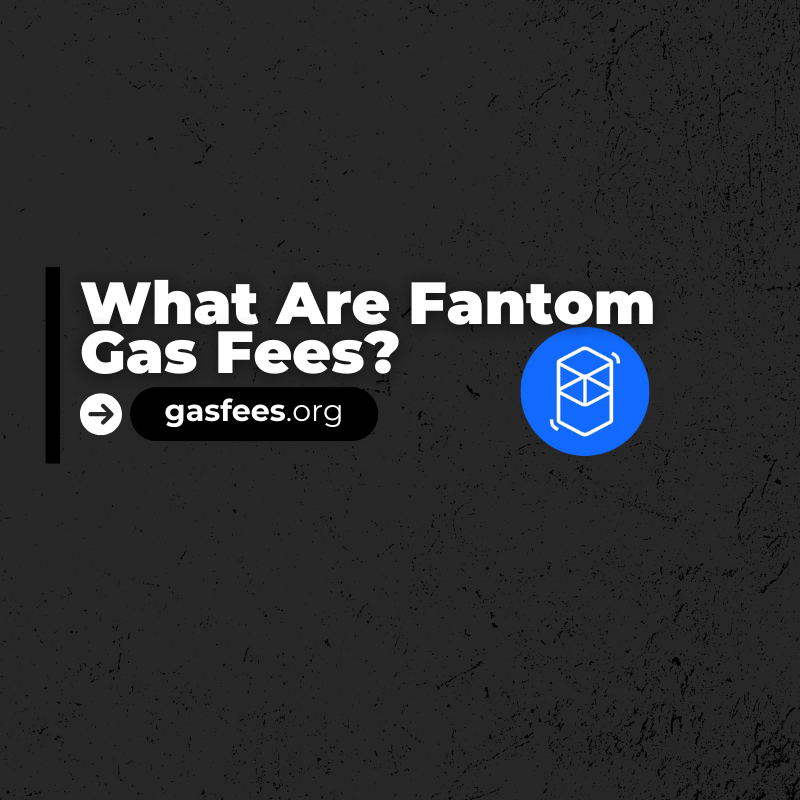
Fantom gas fees are the transaction costs associated with using the Fantom blockchain. These fees ensure the smooth operation of the network, similar to how gas is used as fuel in traditional systems.
What Are Ethereum Gas Fees?
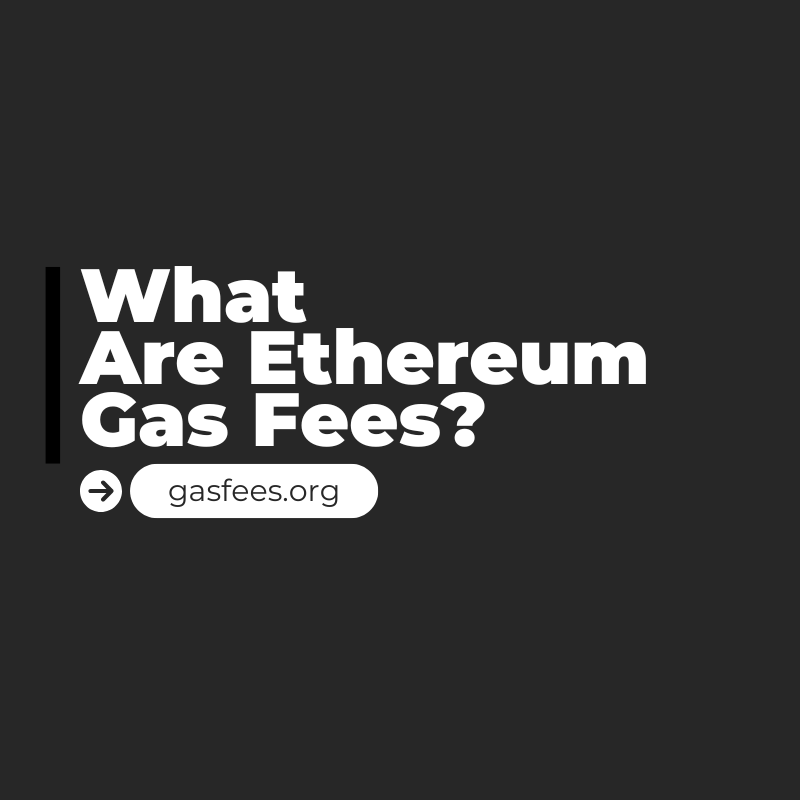
Ethereum gas fees are the transaction costs incurred on the Ethereum blockchain, essential for compensating the computational energy needed to process and validate transactions and smart contracts. These fees are dynamic, fluctuating in response to network demand and the complexity of individual transactions.
Denominated in gwei, a smaller denomination of Ethereum’s native cryptocurrency, Ether (ETH), the cost of gas fees is determined by the transaction’s computational requirements and the prevailing gas price, which is influenced by the level of network congestion. Understanding Ethereum gas fees is crucial for users engaging in activities on the Ethereum network, as it directly impacts the cost and efficiency of transactions.
